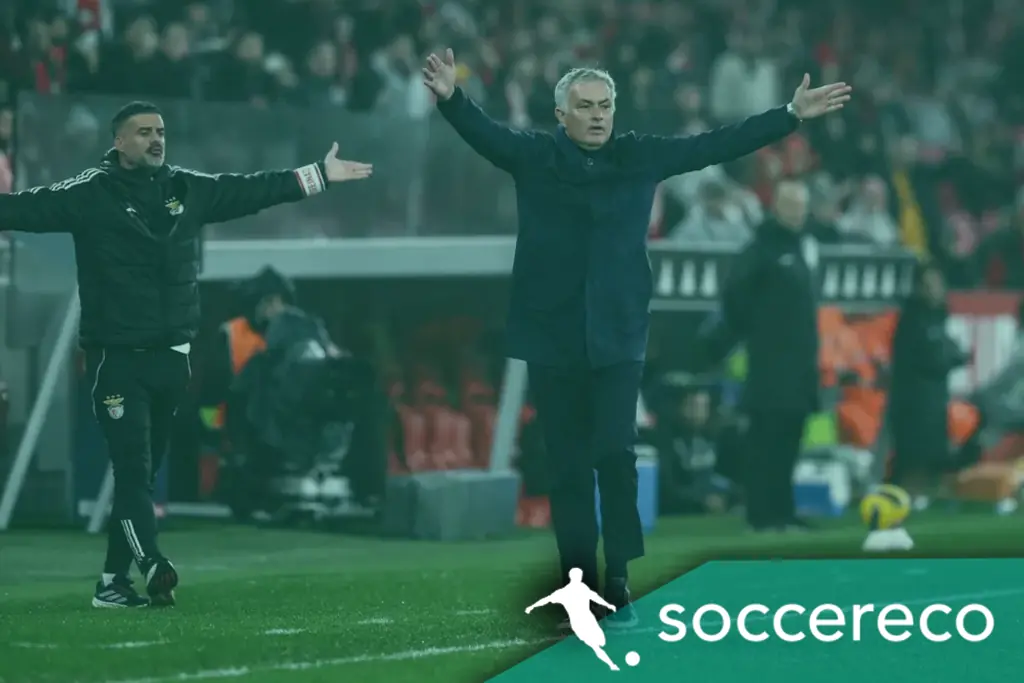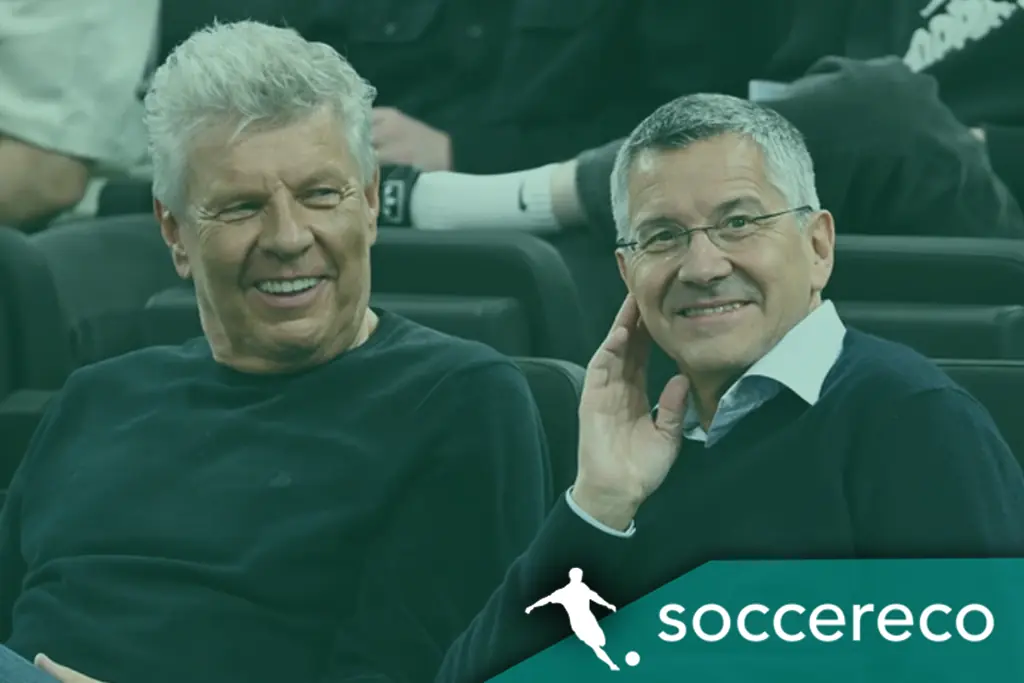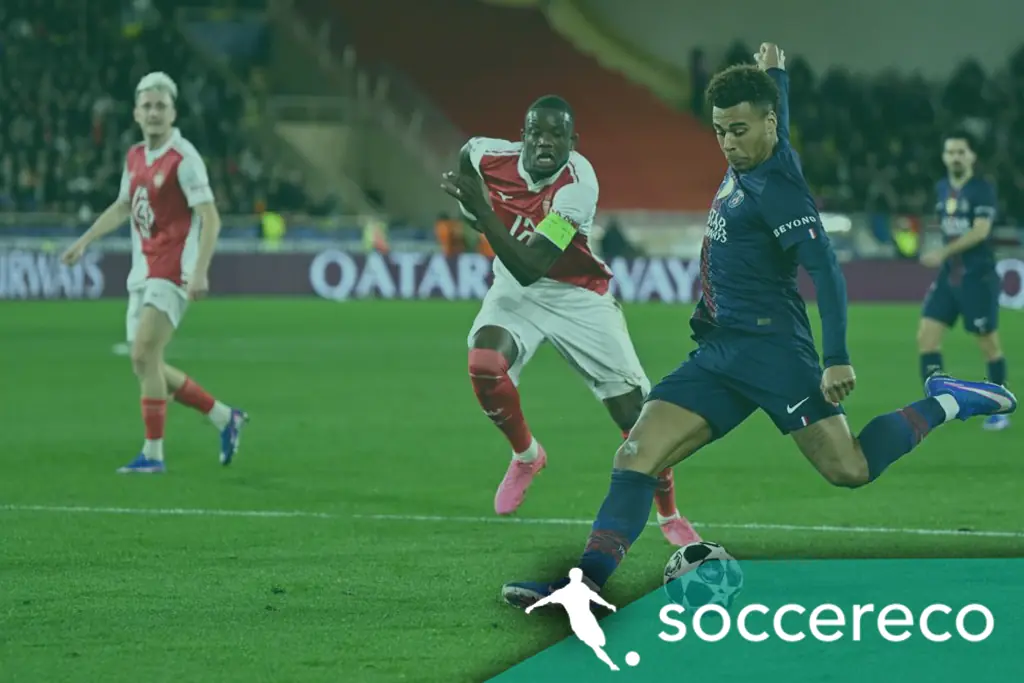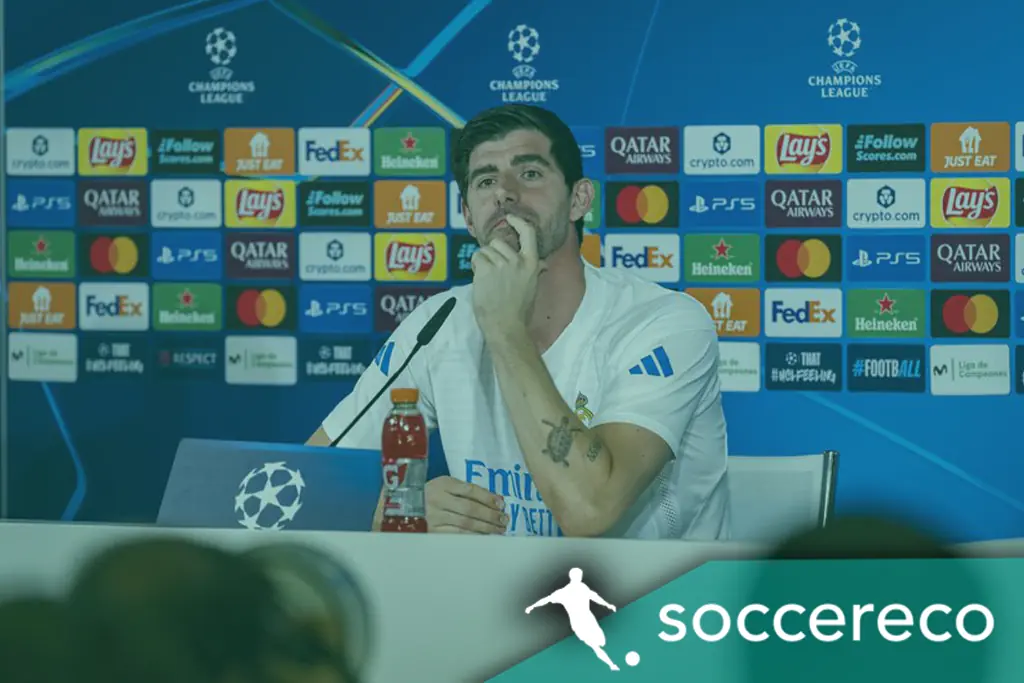Hristo Stoichkov has hit back at Jürgen Klopp and Raphinha, who heavily criticized the new Club World Cup. According to Stoichkov, the two should stop complaining.
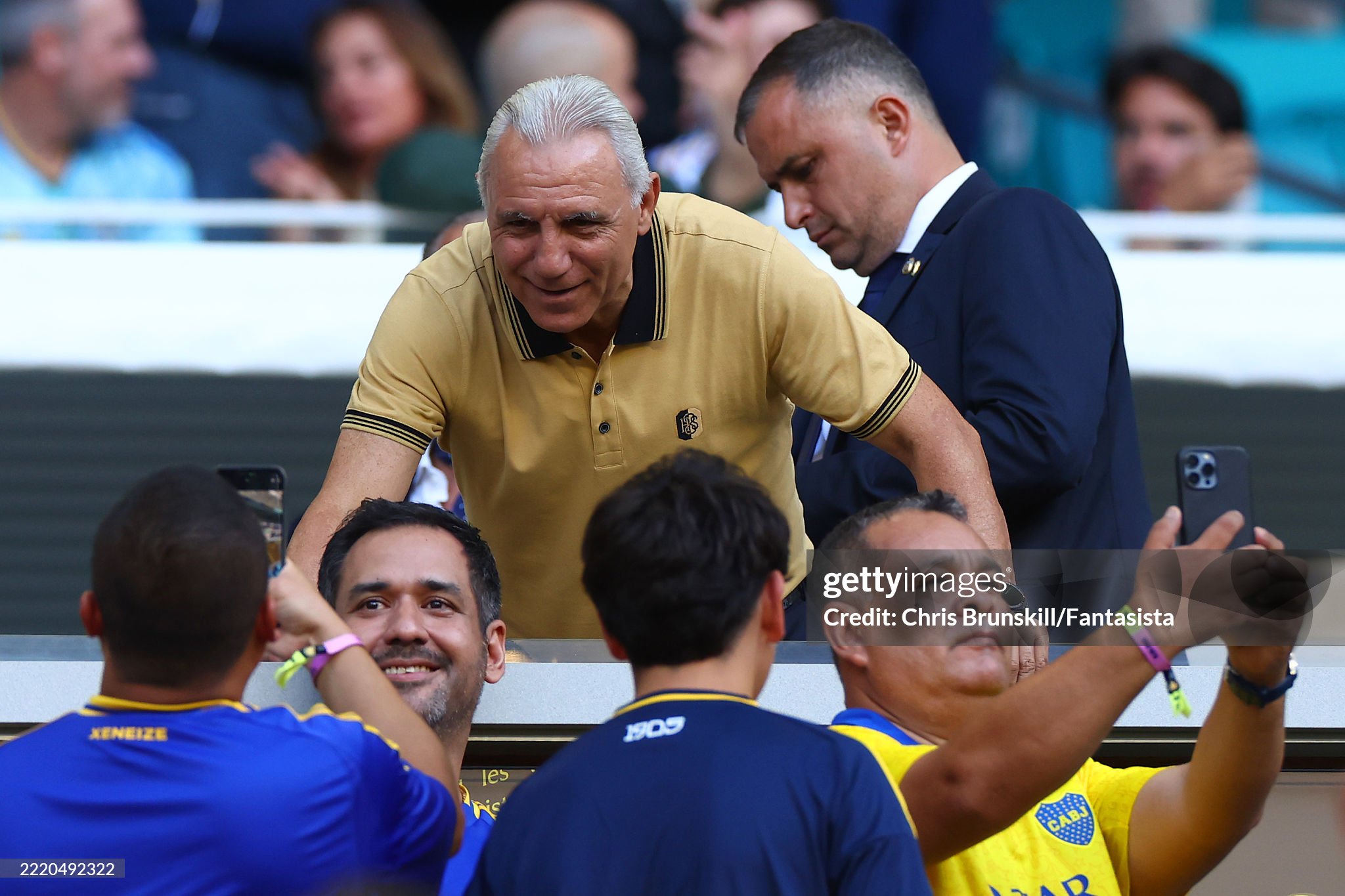
Jürgen Klopp’s recent comments criticizing FIFA’s revamped Club World Cup have reignited the growing debate around the increasingly congested football calendar and this time, they’ve sparked a strong response from one of football’s most iconic voices: Hristo Stoichkov.
The former Barcelona and Bulgaria star didn’t hold back in defending the tournament and calling out what he sees as hypocrisy from critics like Klopp and Barcelona winger Raphinha.
Klopp, now serving as a senior advisor for Red Bull’s football projects after stepping down as Liverpool manager, has been openly critical of the expanded Club World Cup, which is set to debut in its new format in 2025. “In the end, it’s about the game itself, not everything around it,” Klopp said. “That’s why the Club World Cup is the worst idea ever in football. It was invented by people who have never dealt with the day-to-day realities of the sport.”
His words were seen by many as a direct jab at FIFA and president Gianni Infantino, who has been aggressively promoting the tournament as a new global stage for club football, intended to bring together the best teams from all continents in a summer spectacle. But for Klopp and an increasing number of coaches and players the move is emblematic of a footballing calendar that’s spiraling out of control, with little regard for player welfare.
However, for Stoichkov, the criticism is out of place and, frankly, disrespectful. In an interview with Marca, he fired back: “I didn’t expect that from Jürgen. When Liverpool played in the Club World Cup, nobody complained. When they received their money, nobody said a word. Now suddenly it’s a problem? We need to show more respect for these tournaments, because they mean a lot to many clubs and players around the world.”
Stoichkov went further, highlighting the cultural and competitive value of the Club World Cup. “You bring together different cultures, different systems, new tactics and teams that otherwise would never meet. That’s something beautiful. That’s the spirit of football. And let’s be honest: fans stayed in their seats, they enjoyed the matches. The only time people left the stadium early was during a match with lightning and thunder. What do they want? For Infantino to have a remote control to stop the rain?”
The Bulgarian legend, known for his passionate and often confrontational style on and off the pitch, also addressed recent criticism from Raphinha. The Brazilian winger expressed frustration about having less vacation time due to the extended summer schedule and warned about the risks to player fitness. But Stoichkov wasn’t sympathetic.
“There used to be two substitutions per match,” he said. “Now it’s five and one more in extra time. And players are still complaining? That doesn’t make sense. When they earn twenty million a year, they don’t complain. But now they do? I don’t get it. Hand me a pair of boots and a ball and I’d play right now. Because I love football. That’s why I played for the love of the game, not for the complaints.”
He emphasized that the Club World Cup isn’t just a money-making machine, but a unique platform that gives exposure and opportunity to clubs and players who may never get the chance to compete on such a global stage. “It’s a dream for many. Young players get the opportunity of a lifetime. This is a competition that deserves our respect. We should be celebrating that, not tearing it down.”
Stoichkov’s stance taps into a growing divide in football not just between players and governing bodies, but between generations and perspectives. While many current stars and managers are raising red flags about workload, mental health, and physical fatigue, some former players argue that modern footballers have more support, protection, and privileges than ever before.
As the debate around the Club World Cup intensifies, the voices on both sides are becoming louder. On one hand, there’s legitimate concern over the ever-expanding fixture list and its impact on the physical and mental well-being of players. On the other, there’s a sense that football, in its essence, is being overshadowed by constant complaints and entitlement particularly when the opportunities created by such tournaments are global and transformative for clubs outside Europe’s elite.
With the first edition of the expanded Club World Cup just around the corner, this discussion is far from over. But one thing is clear: as the structure of global football continues to evolve, the tension between tradition, ambition, and player welfare will remain at the heart of the conversation.
Updated: 04:02, 30 Jun 2025
